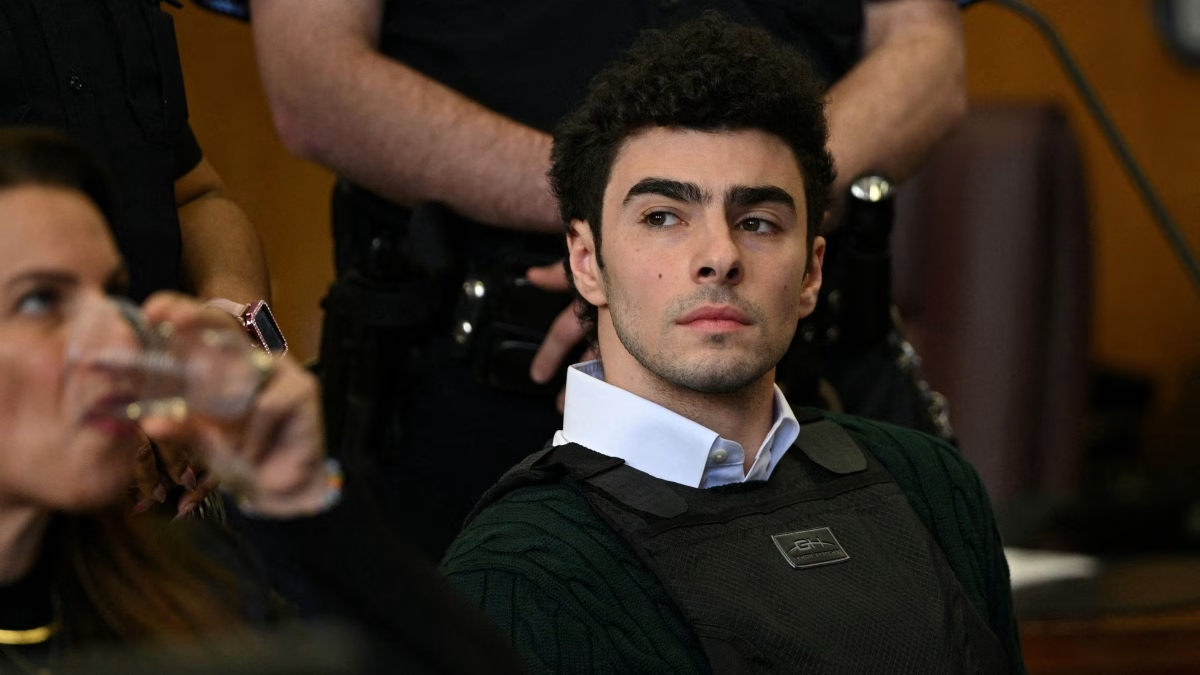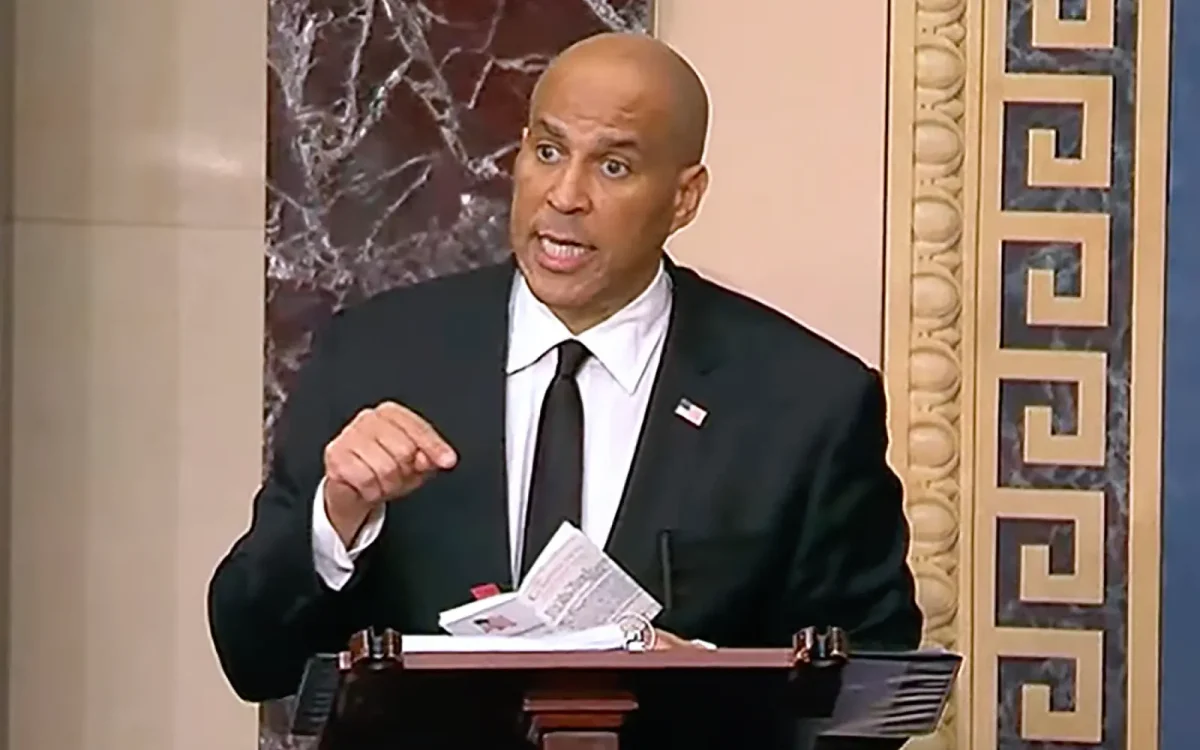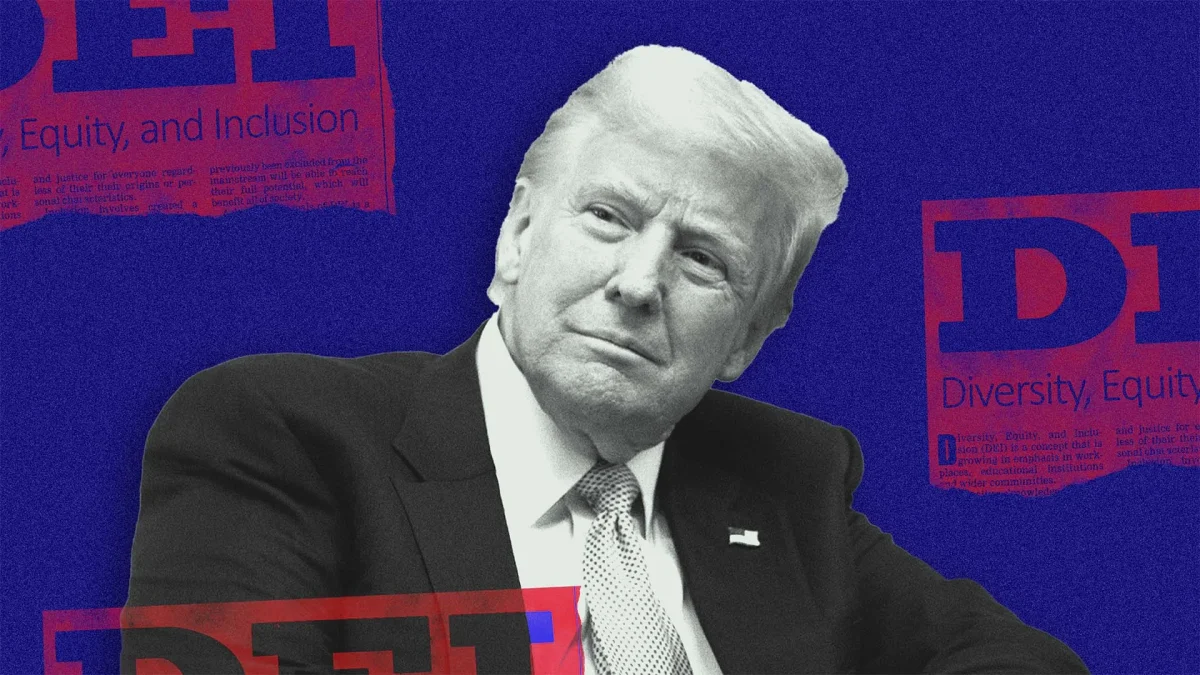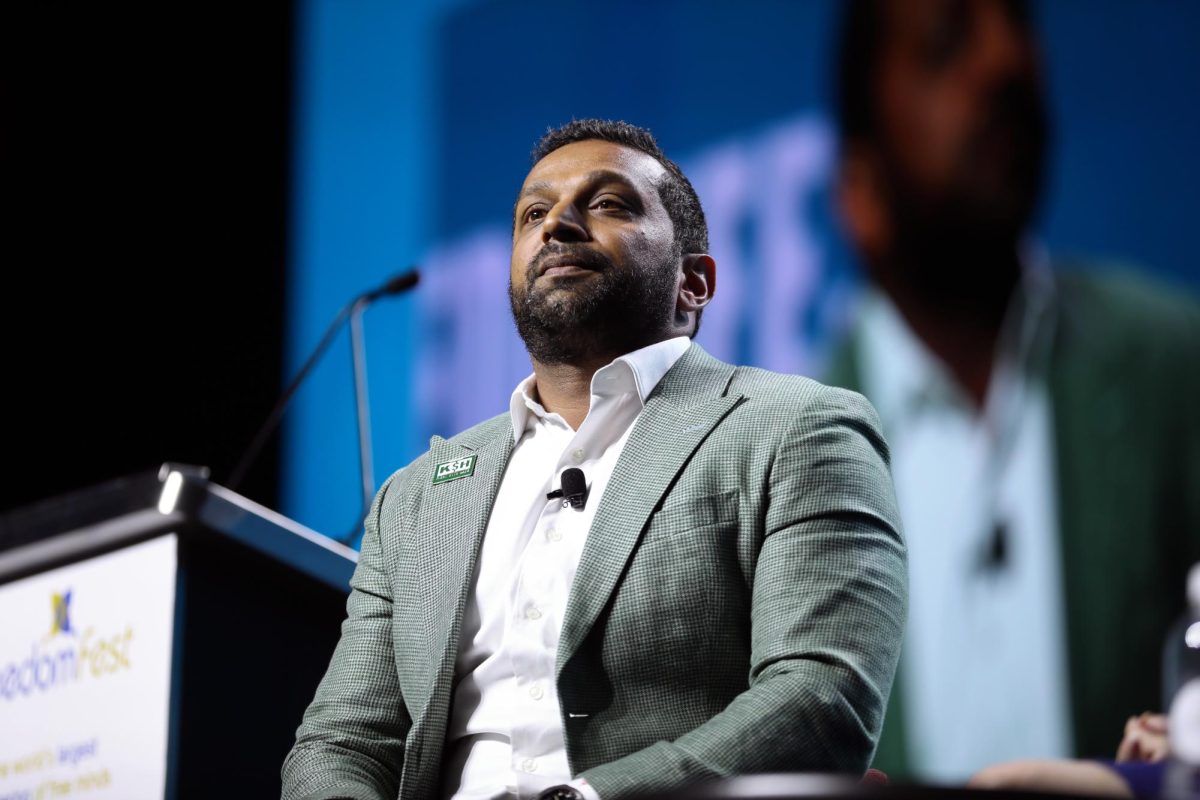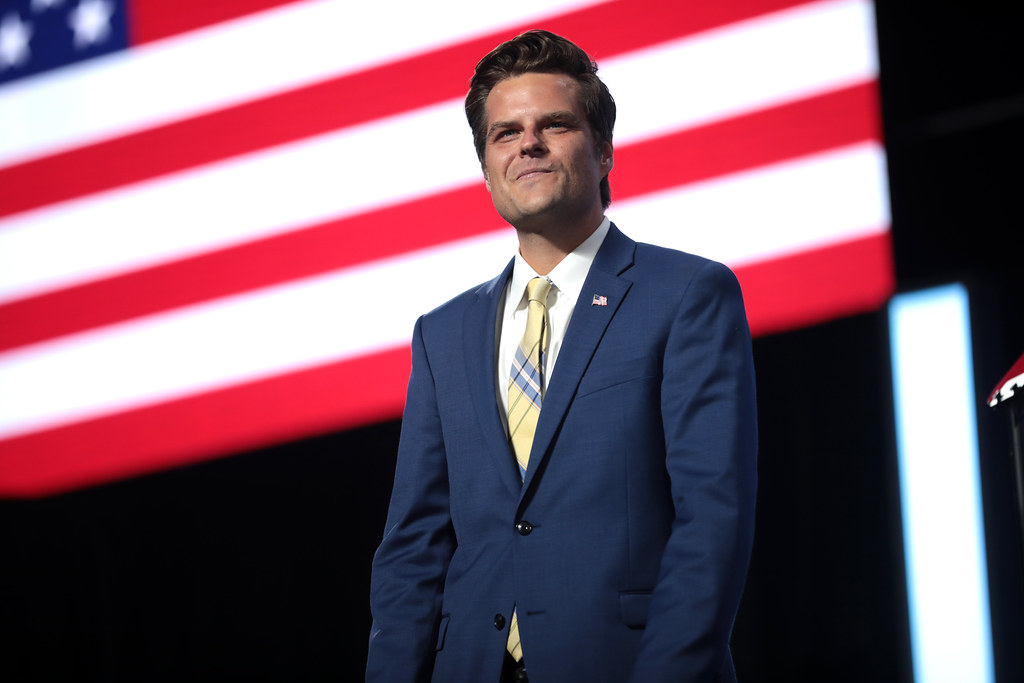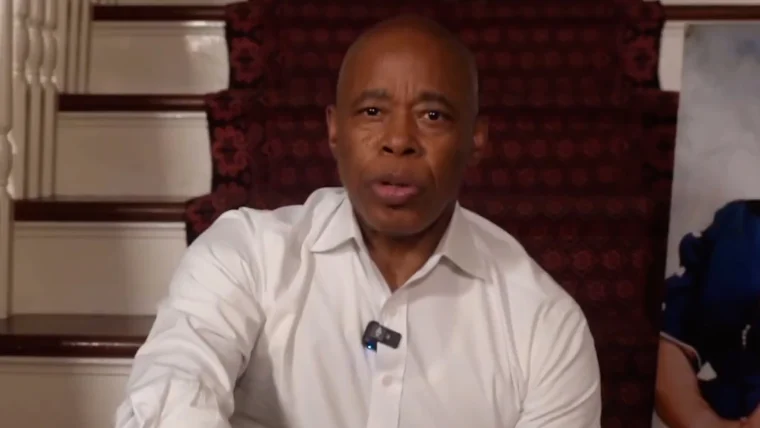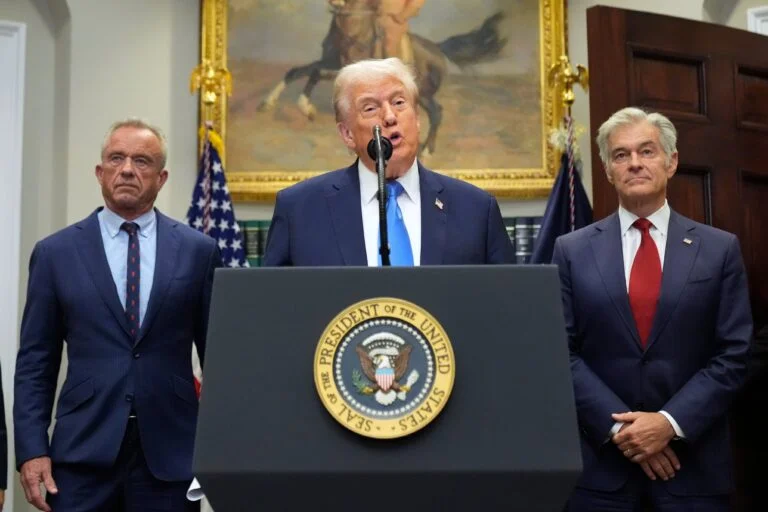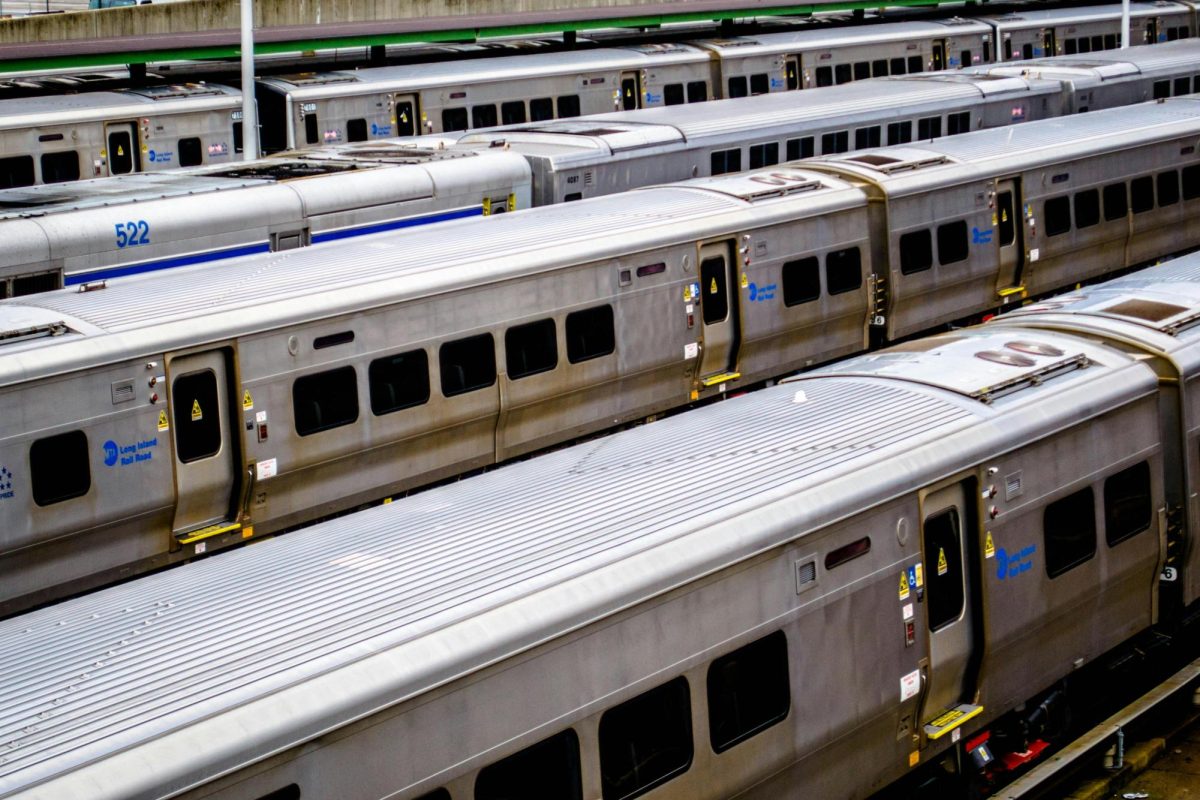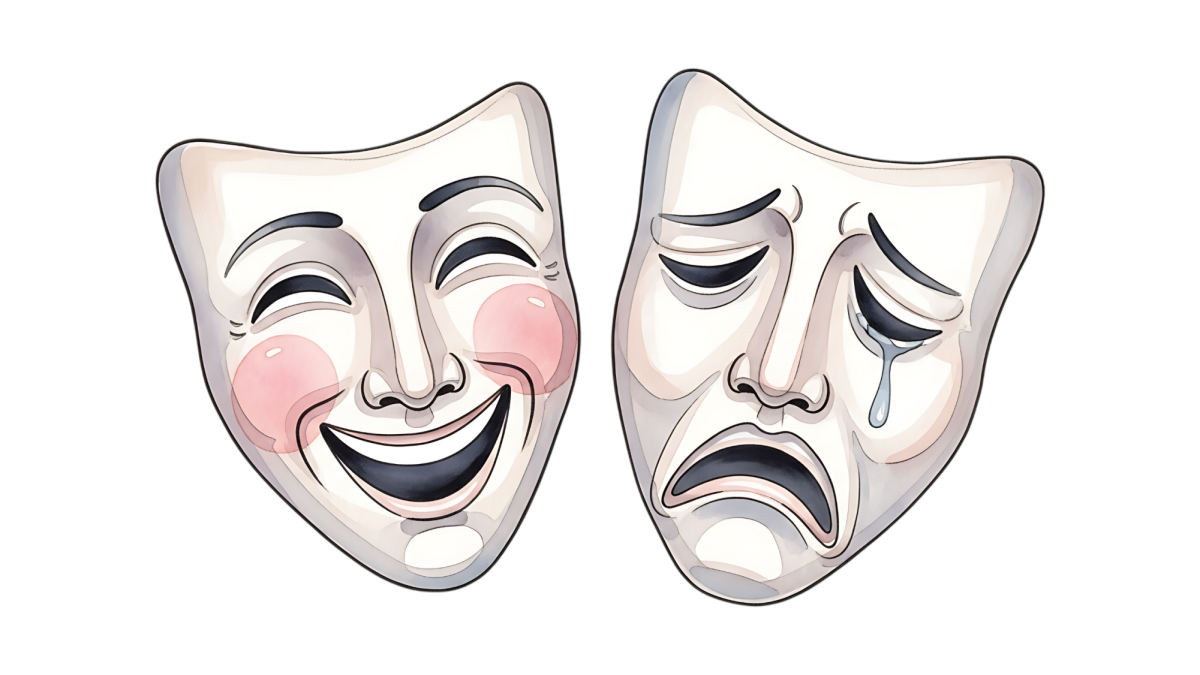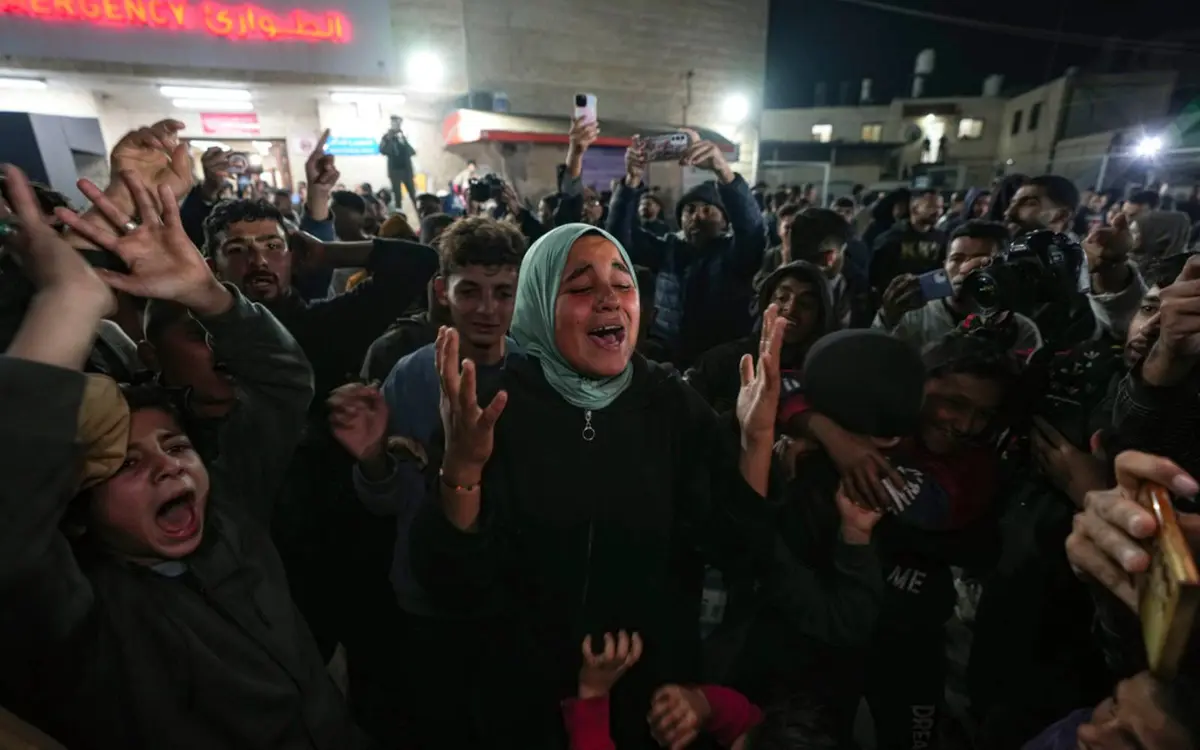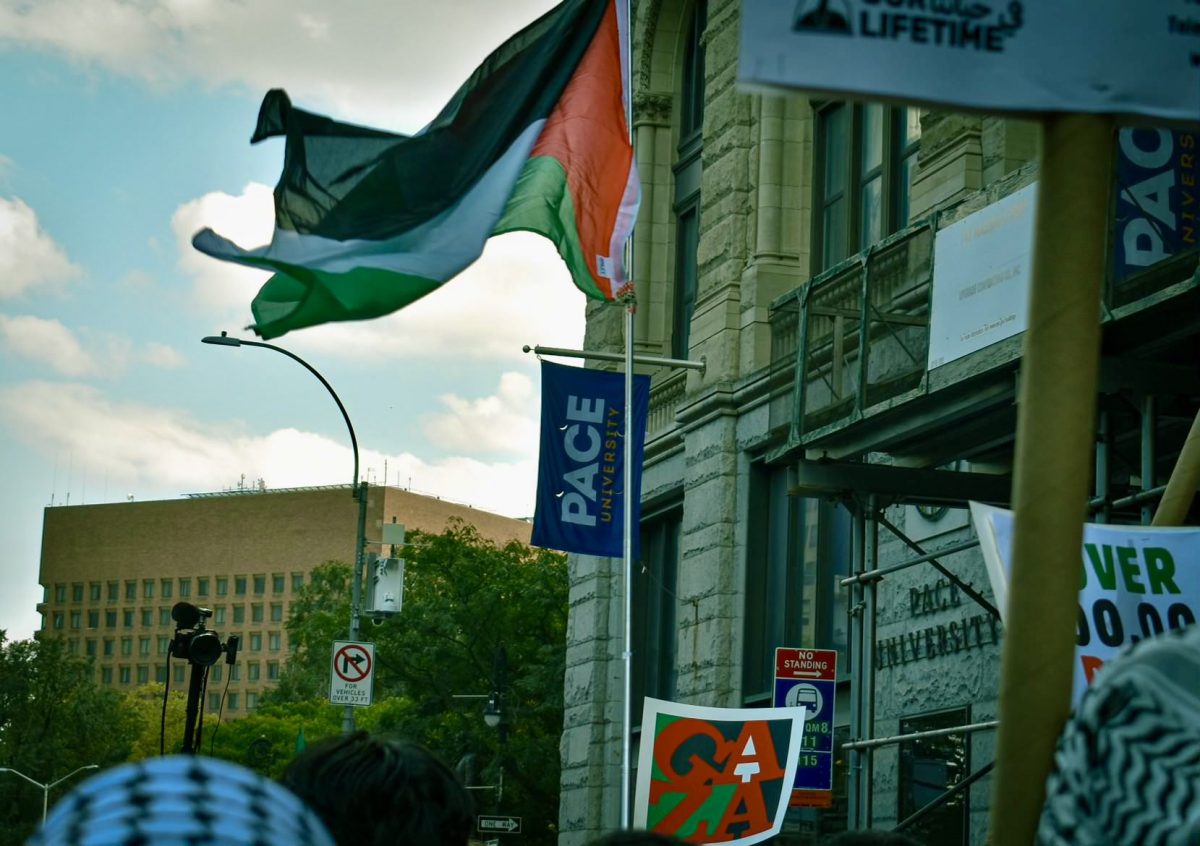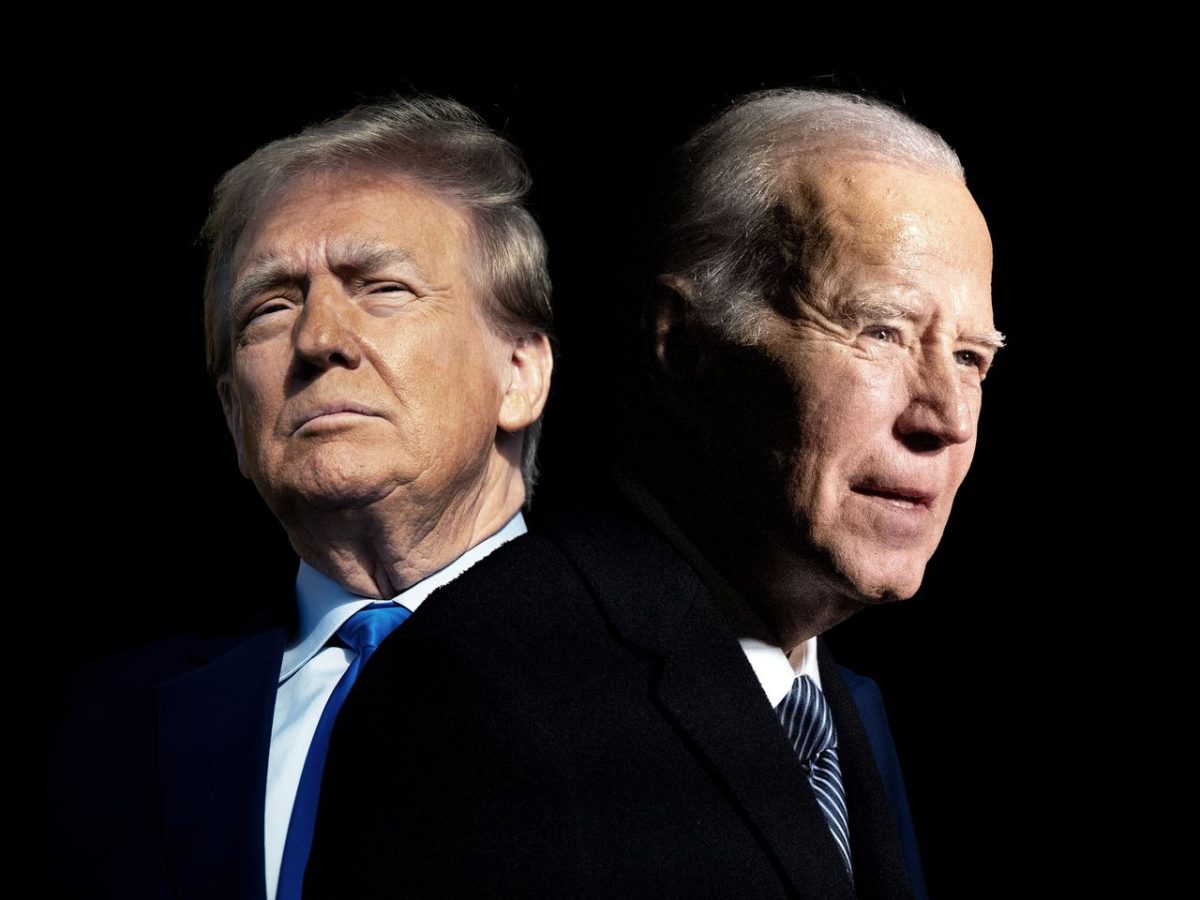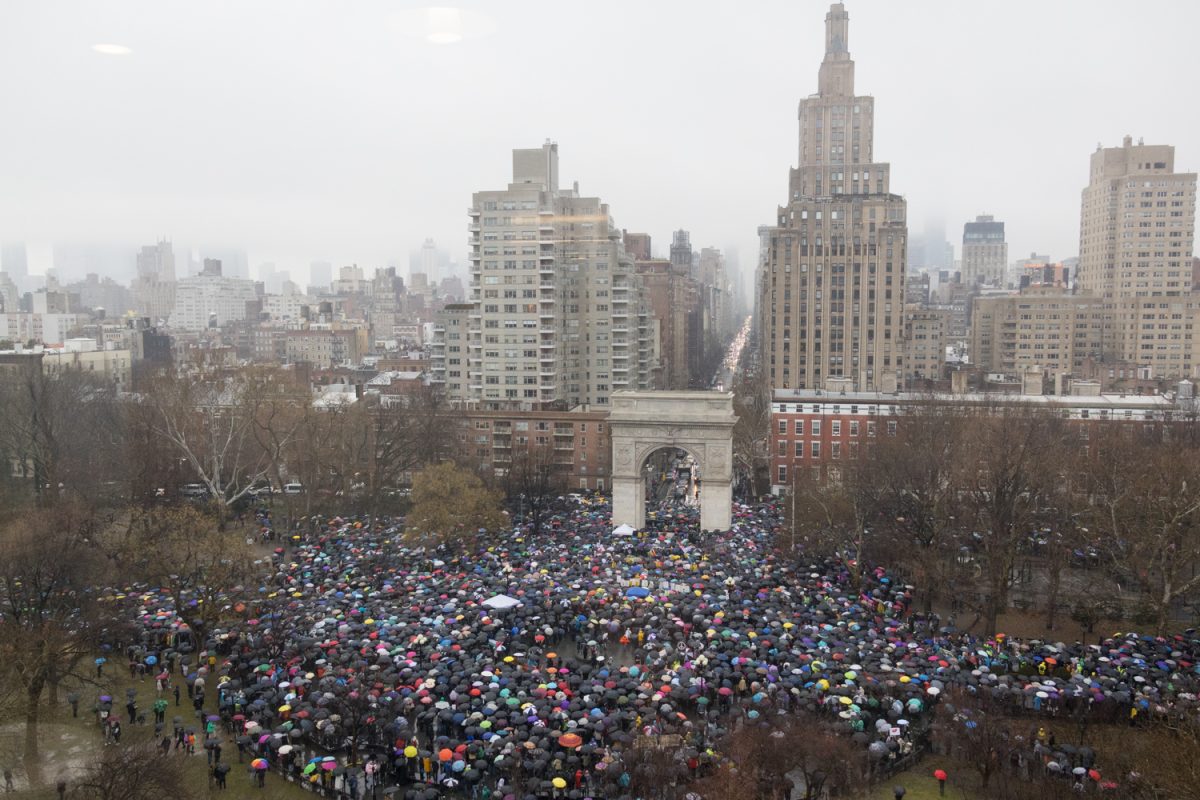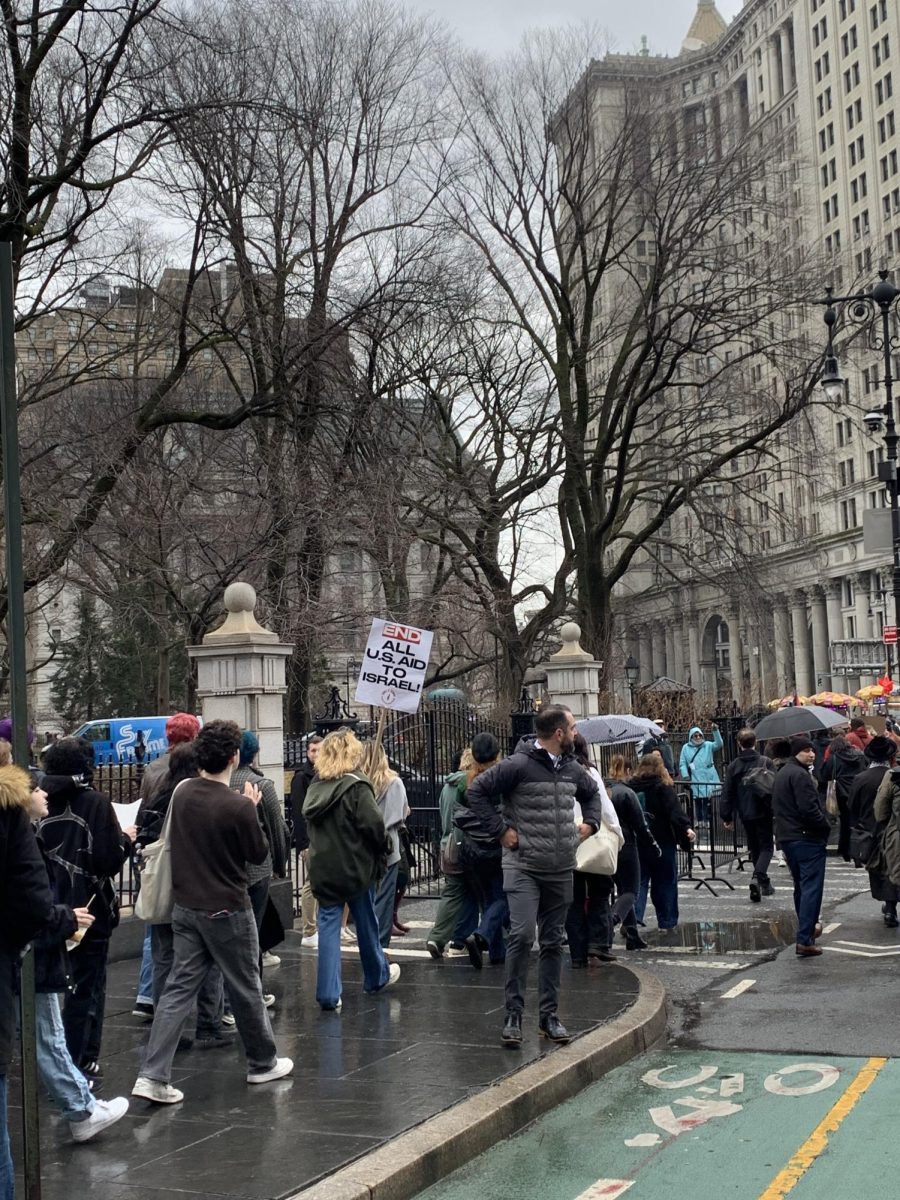After only one day, late-night host Jimmy Kimmel was on and then off the air after he made remarks about the murder of political activist and founder of Turning Point USA, Charlie Kirk. Five days after Kirk’s shooting, Jimmy Kimmel made remarks towrads Kirk’s shooter, while also making comments about President Trump, which caused heavy conflicts between the Trump administration and Kimmel. The show aired in Los Angeles, California on Sep. 15, and the following day, producers announced its cancellation after receiving backlash from the Trump Administration and the FCC; however, a day later, the show announced it would return on Sep. 23, resulting in a temporary suspension and emotional apology from Kimmel.
Charlie Kirk was a conservative right-wing political activist and entrepreneur, best known as the co-founder and CEO of Turning Point USA (TPUSA), a nonprofit organization aimed at advocating for politics in high schools, colleges and universities. While attending a debate event at the University of Utah Valley in Orem, Utah, on Sep. 10, Kirk was shot in the neck by his alleged killer named Tyler Robinson, who was armed with a high-powered rifle and arrested within 48 hours of the shooting. That same day, Kirk was pronounced dead at Timpanogos Regional Hospital.
Five days after Kirk’s shooting, on Sep. 15, Comedian and American Television Host Jimmy Kimmel made comments towards Kirk’s alleged shooter, saying live on the air, “We hit some new lows over the weekend with the MAGA gang desperately trying to characterize this kid who murdered Charlie Kirk as anything other than one of them, and everything they can to score political points from it.” The comment led to controversy among the Trump Administration and Federal Communications Commission (FCC) chairman, Brendan Carr. After the show aired, the parent company of ABC Entertainment, The Walt Disney Company, pulled the show off the air to avoid any further conflict.
After the show announced its return, President Donald Trump lashed out on social media negativity calling Kimmel untalented and not funny. Political Science Professor, Laura Tamman, breaks down the backlash from President Trump.
“It is not clear how much thought goes into President Trump’s comments. It is clear, however, that the public was with Kimmel on this issue, not the President,” Tamman said.
Tamman explained how Kimmel was the one the public interest fell upon after his comments about Kirk. However, the issue went far beyond the comments and backlash. Communications and Media Studies Professor Adam Klein analyzed the media business perspective for the suspension of the show.
“It comes back to the audience and trying to respond to a way they think their viewers want. With Sinclair and NextStar, they are local affiliates, so they have audiences they know at the local levels. Disney and ABC are more difficult for them… they don’t worry about upsetting somebody [and] do what they think their audience wants,” Klein said.
In addition, Klein also explained how local affiliates, Sinclair and NextStar, think about the audience and their views of the show. Klein explained how some viewers might have found Kimmel’s remarks offensive because the companies think of their audience in ratings and numbers, which is how these companies make their decisions and how they made the decision to suspend Kimmel’s show.
Once the show returned on Sep. 23, Kimmel began the show by using his opening monologue as an emotional apology to the public and Kirk’s family but also as an advocate for free speech. While still pulling out jokes, Kimmel clarified that he never intended to praise or “make light of the murder of a young man,” while also acknowledging how it may have been perceived that way to many viewers. He discussed what happened behind the scenes, praised Charlie Kirk’s widow, thanked his friends, fans and other late-night hosts for supporting him. He ended his remarks by defending his right to free speech. “Jimmy Kimmel Live” has returned to late-night TV and continues to maintain its views, while allowing the right to free speech among late-night hosts.


